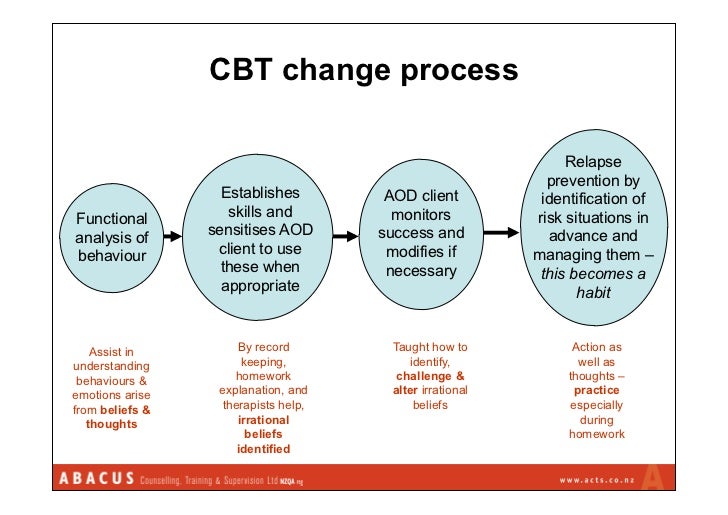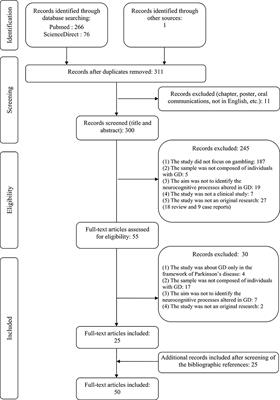Cbt Gambling Treatment
- Cognitive behavioral therapy with a gambling addict typically focuses on four components. The first is the correct cognitive distortions about gambling itself. The second is to develop problem solving skills with the addict when faced with triggers or concerns.
- Sean Sullivan PhD ABACUS Counselling Training & Supervision Cognitive Behavioural Therapy (CBT) and Gambling 2. You are a 16 year old youth still at school who has just met ‘the girl of your dreams’ and when you ask if she would like to go to a movie with you she laughs and says, after looking at you with seeming amusement finally says.
This Patient Cognitive Behavioral Therapy (CBT) Workbook is designed to assist problem and patho- logical gamblers in addressing negative consequences and issues that have occurred because of gambling. This preliminary publication should be used in conjunction with the corresponding Therapist manual.
Lucas BergWhat is Pathological Gambling
Pathological gambling, also known as compulsive gambling or disordered gambling, including harmful physical, psychological and social effects, is a recognized psychiatric illness marked by a history of continued gambling. In this article, we will talk about pathological gambling addiction.
Gambling is a widespread activity. Although the type of games played over the years varies, gambling addiction, which is a challenge in impulse control, persists every term. Nowadays, sports betting games especially played through the internet, are becoming increasingly common. The ability to place, track, and deposit / withdraw… These bets on the internet make it very easy to get addicted.
Individuals with gambling addiction;
- Ponders over gambling (for example, reliving past gambling experiences, blocking or designing the next game, or contemplating ways to raise money for gambling),
- Needs to gamble with large amounts of money to get excited.
- Attempts to control, reduce, or quit gambling many times,
- Uses gambling to avoid problems or to get rid of a negative mood (eg feelings of helplessness, guilt, anxiety, depression),
- Gambles again to get the lost money.
- Lies to family members, therapists or others to hide how much they are gambling,
- Engages in illegal acts, such as fraud, theft, embezzlement, to provide the money needed to gamble,
- Jeopardizes or loses an important relationship, work or education, or an opportunity to gain success in or from a profession, due to gambling.

Antidepressant, anticonvulsant and antipsychotic drugs that are useful in the treatment of this disorder to provide impulse control. Cognitive behavioral therapy is the most common herapy. Besides that, environmental regulations, treatments for possible underlying mental disorders and family management are the other reasons.
AuthorRecent PostsCindy BrownCurrently studying psychology and researching cognitive behavioral therapy. Also have studied comprative literature,interested in gender studies,.Latest posts by Cindy Brown
 (see all)
(see all)What is Pathological Gambling
Pathological gambling, also known as compulsive gambling or disordered gambling, including harmful physical, psychological and social effects, is a recognized psychiatric illness marked by a history of continued gambling. In this article, we will talk about pathological gambling addiction.
Gambling is a widespread activity. Although the type of games played over the years varies, gambling addiction, which is a challenge in impulse control, persists every term. Nowadays, sports betting games especially played through the internet, are becoming increasingly common. The ability to place, track, and deposit / withdraw… These bets on the internet make it very easy to get addicted.
Individuals with gambling addiction;
- Ponders over gambling (for example, reliving past gambling experiences, blocking or designing the next game, or contemplating ways to raise money for gambling),
- Needs to gamble with large amounts of money to get excited.
- Attempts to control, reduce, or quit gambling many times,
- Uses gambling to avoid problems or to get rid of a negative mood (eg feelings of helplessness, guilt, anxiety, depression),
- Gambles again to get the lost money.
- Lies to family members, therapists or others to hide how much they are gambling,
- Engages in illegal acts, such as fraud, theft, embezzlement, to provide the money needed to gamble,
- Jeopardizes or loses an important relationship, work or education, or an opportunity to gain success in or from a profession, due to gambling.
Antidepressant, anticonvulsant and antipsychotic drugs that are useful in the treatment of this disorder to provide impulse control. Cognitive behavioral therapy is the most common herapy. Besides that, environmental regulations, treatments for possible underlying mental disorders and family management are the other reasons.
 Author
Author Recent PostsCindy BrownCurrently studying psychology and researching cognitive behavioral therapy. Also have studied comprative literature,interested in gender studies,.Latest posts by Cindy Brown (see all)
Recent PostsCindy BrownCurrently studying psychology and researching cognitive behavioral therapy. Also have studied comprative literature,interested in gender studies,.Latest posts by Cindy Brown (see all)